Why Businesses Should Choose Custom Website Over a Pre-built One
In the digital era, a website is more than just an online “face.” It’s a sales tool, a communication channel, a customer management system, and the foundation for all digital marketing strategies. When a business faces the choice between using a pre-built website or investing in custom website design, that decision can determine growth speed, competitiveness, and the long-term professionalism of the brand.

This article provides an in-depth, practical analysis to help executives, marketing heads, and decision-makers understand the real value of custom website design compared with pre-built websites. The content covers brand strategy, user experience, technical aspects, SEO, operating costs, security, and ROI. The whole piece is written with SEO best practices in mind, integrating keywords such as: proprietary website design, custom website design, website design company, SEO-friendly website design, top Google website design.
Understanding the Two Models: Pre-built Websites vs. Custom Websites
What Is a Pre-built Website and Its Initial Advantages
Pre-built websites (templates or SaaS solutions) are a fast, low-cost option and often suitable for very small businesses, market tests, or when an immediate online presence is needed. Their strengths lie in rapid deployment, low initial cost, and straightforward implementation processes.

What Is a Custom Website and Its Core Value
A custom website is a product researched, designed, and developed specifically for a business. It is a proprietary website design — the interface, data structure, and functions are tailored to business goals, operational workflows, and desired user experience. With this model, scalability, internal system integration, and strategic SEO optimization are all possible from the ground up.
Strategic Advantages of Custom Websites over Pre-built Ones
Building and Protecting Brand Identity
A custom website enables a business to have an exclusive interface that is fully aligned with its brand identity. This interface is not only “beautiful” but also communicates the brand’s DNA: color palette, typography, storytelling about products/services, and the customer journey. With pre-built templates, businesses risk looking similar to competitors — a serious disadvantage when trying to stand out in the market.

Conversion Optimization Based on Real User Behavior
A custom website is designed from user behavior research, customer segmentation, and specific conversion scenarios. Every page, CTA, and form is a tool to maximize conversion rates. Pre-built websites are often “one-size-fits-all” and hard to adapt to complex B2B purchase journeys or long onboarding processes.
Custom Functionality and System Integration
When a business needs specialized features such as quote management by drawing, ERP/CRM integration, contract management, client portals, or API connections with logistics partners, only custom website design can deliver smoothly. Pre-built sites are limited in integrations and may force incompatible plugin “patches.”
Performance, Security, and Quality Control Processes
Custom websites allow performance optimization tailored to content needs (large catalogs, many images/3D assets, technical files) and the implementation of advanced security measures (WAF, role-based access, file encryption, offsite backups). With pre-built solutions, businesses depend on the provider’s shared security and performance mechanisms and have limited flexibility to customize standards for sensitive data.
Technical SEO and Content Optimization for the Long Term
To achieve SEO-friendly website design and progress toward top Google rankings, you need a long-term strategy for content, data structure, schema markup, page speed, and a URL system optimized from the start. Custom websites can implement deep technical SEO (structured data for product/project, optimized image lazy-loading, resource prefetch/push) — things that templates typically cannot guarantee.
When Is a Pre-built Website Still a Reasonable Choice?
Businesses Validating a New Idea
If the goal is to quickly validate a business model or test products in the market before a major investment, a template can be an effective quick test solution.

Extremely Limited Budget and Tight Deadlines
When a business needs an immediate online presence with minimal resources, a pre-built website saves time and initial cost.
However, understand that choosing a template is often temporary; when the business needs to expand features, customize branding, or seriously optimize SEO, migration costs to a custom site can exceed the cost of investing properly from the start.
Detailed Analysis: Technical, SEO, UX, and Security
Technical Architecture
Custom websites have an architecture optimized for scalability: microservices when needed, API-first for multi-system integration, appropriate caching layers (Redis, Varnish), and CDN for resource distribution. This optimizes global experience and high-load handling. Pre-built sites are often constrained by a fixed technical stack and limited extensibility.
Proper Technical SEO
Custom websites are built to optimize all technical SEO factors: speed, correct title/description tags, canonical tags, hreflang for multilingual sites, and structured data for Product/Organization/Article/FAQ. These elements combine to target top Google rankings — not just a few pages reaching top positions, but a whole content system with sustainable rankings. Templates handle basic elements; when deep niche optimization is needed, their effectiveness is limited.

User Experience (UX) Driven by Real Behavior
Experience design based on data: heatmaps, session replays, A/B testing for CTAs, and form optimization to increase submission rates. This is an ongoing effort to boost conversions. Templates do not come with this in-depth UX research process built-in.
Security and Data Compliance
With a custom site, businesses can enforce industry-grade security policies: data encryption, storing sensitive files on private storage, audit logs, and detailed role-based access control. Pre-built sites may support SSL and basic security but often fall short of strict compliance requirements for sensitive data (e.g., customer records, technical drawings, medical data).
ROI: Initial Cost vs. Long-term Value
Initial Investment and Total Cost of Ownership (TCO)
Pre-built websites usually have a low initial cost, but operating, fixing, upgrading, and marketing costs can rise over time. Custom websites have higher upfront costs, but the long-term TCO can be lower due to optimized processes, reduced dependency on plugins/third-party solutions, and the ability to attract higher-quality customers.
Impact on Revenue and Leads
A well-designed website contributes to higher conversion rates, shorter sales cycles, and increased average transaction value. For B2B customers, the ability to present capability dossiers, detailed case studies, and professional quoting systems can decide large contracts. These effects raise the ROI of custom web design projects.
Professional Custom Website Implementation Process (Step-by-step)
Strategic Consultation and Requirements Analysis
The discovery phase is decisive: define business goals, target audience, KPIs, integration needs, and security requirements. MIMA conducts competitor research, user behavior analysis, and identifies the optimal feature set.
Data-driven UX and UI Design
From wireframes to prototypes, every design decision is insight-driven. Each user flow is simulated and internally tested before development. Design ensures both aesthetics and conversion capability.
Front-end and Back-end Development to Technical Standards
Front-end is optimized for speed and interactivity; back-end is built for scalability, API integration, and data security. MIMA applies best practices, code reviews, and CI/CD to ensure quality.
Comprehensive Testing Before Launch
Test functionality, performance, security, device compatibility, and on-page SEO. User Acceptance Testing (UAT) with the client helps identify early adjustments.
Launch and Continuous Optimization
Work doesn’t stop after going live. Uptime monitoring, user data analysis, UX optimization, and SEO are long-term activities.
24/7 Technical Support and Long-term Operations
MIMA provides SLA-based support: monitoring, backups, security patches, feature upgrades, and continuous SEO/marketing optimization.
Strategic Features to Include in Industry-specific Custom Websites
For B2B and Manufacturing Companies
Client portals for order tracking and drawing downloads, quote systems based on drawings, ERP/CRM integration. Detailed case studies and technical specs content.
For Large-scale E-commerce
Complex product management, inventory sync, cross-selling/multi-currency support, multiple payment gateways, and optimized conversion funnels.
For Professional Services and Consulting
Detailed service pages, booking/appointment systems, automated lead nurturing, specialized blog and whitepapers to build authority.
For Creative Projects and Portfolios (Architecture, Media)
Portfolio-centric presentation, full-screen multimedia, storytelling project pages, and integrated booking/showcase features.
SEO Strategy for Custom Websites
Technical SEO Foundation from Day One
Design the sitemap, logical URL structure, optimize speed, adopt mobile-first, and implement schema markup. This foundation enables all future content strategies to perform effectively.
Long-term Content Strategy
Build pillar content, content clusters, case studies, in-depth guides, and FAQ with schema. This sustainable approach targets high-intent users.
Backlink and Technical PR Strategy
Acquire links from industry associations, trade journals, and B2B partners to increase authority. PR content for large projects helps secure high-quality backlinks.
Security, Risk Management, and Compliance
Industry-specific Security Policies
For sensitive data, a custom website allows configurable storage and encryption standards, audit logs, and multi-factor authentication for admin access.
Disaster Recovery and Offsite Backups
Set up scheduled backups, store copies in different locations, and perform recovery tests to ensure data is not lost during incidents.
Periodic Security Audits
Conduct regular pentests and vulnerability scans to patch issues promptly.
1. How do pre-built and custom websites differ?
Pre-built sites use shared templates, are quick and cheap, but limited in features. Custom websites are developed exclusively, optimized for brand and business goals.
2. Why should businesses invest in a custom website?
Because it creates brand differentiation, optimizes customer experience, boosts SEO performance, and supports long-term marketing strategies.
3. Is custom website design expensive?
Initial costs are higher than pre-built sites, but considering ROI and long-term benefits (SEO, brand, system integration), it is a worthwhile investment.
4. Does a custom website support SEO standards?
Yes. When you implement SEO-friendly website design from the start, businesses are better positioned to achieve top Google rankings, increasing organic visibility and lowering long-term ad spend.
5. Should small businesses build custom websites?
If they aim for long-term growth, brand building, and market expansion, small businesses should consider custom websites rather than pre-built solutions.
6. How long does a custom website take to deploy?
Depending on scope and features, typically 3–8 weeks. Larger projects may take longer to ensure quality and integration.
7. Is it easy to upgrade a custom website later?
Yes. Because it’s designed flexibly and is proprietary, businesses can expand features and integrate CRM, ERP, or e-commerce systems.
8. What are the security advantages of custom websites?
Custom sites are developed to high security standards and tested rigorously, reducing attack risks compared with off-the-shelf templates.
9. Does MIMA provide technical support after handover?
Yes. MIMA commits to 24/7 technical support, maintenance, upgrades, and continuous optimization to keep your site stable.
10. How can I contact MIMA for a custom website consultation?
You can reach out directly:
-
Hotline/Zalo: 0909 035 333
-
Email: info@mimadigi.com
-
Website: mimadigi.com/website-design




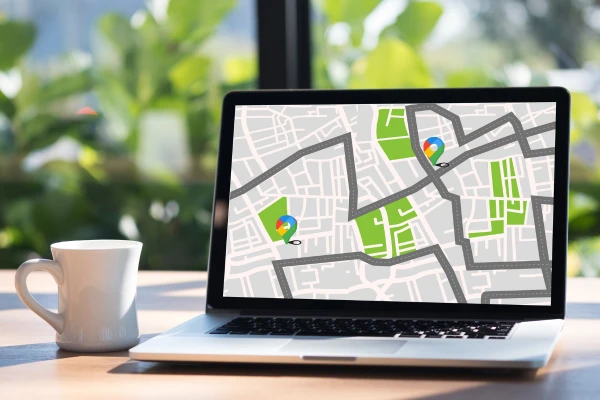
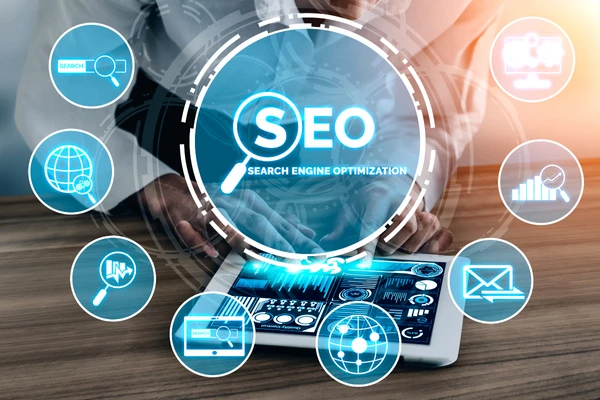



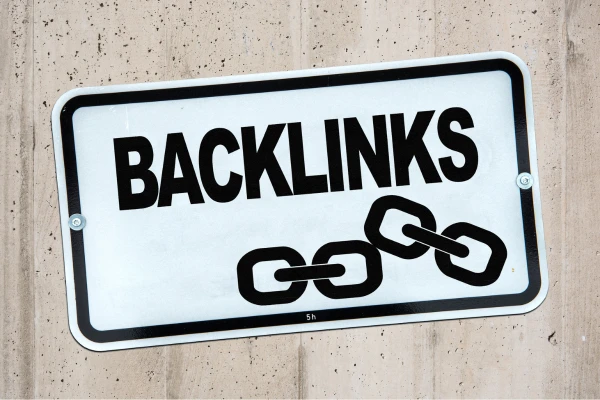

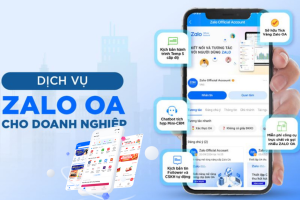






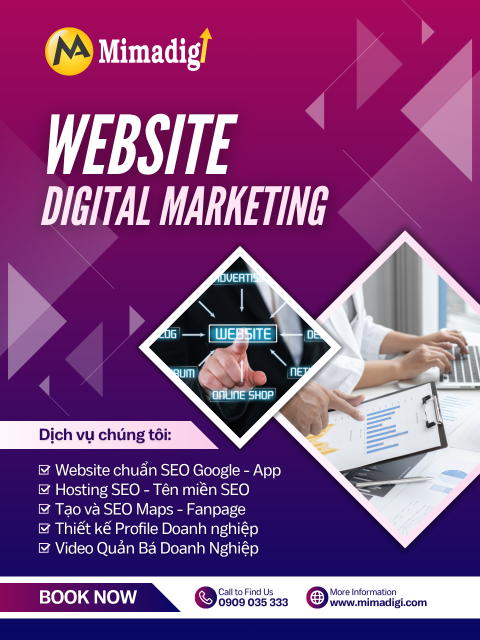






Share your review